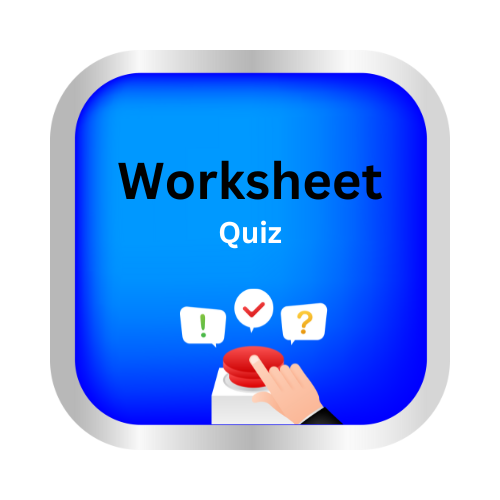Use the perfect verb tenses
Key Notes:
✨📘 Use the Perfect Verb Tenses ✨
| 🔹 What are Perfect Tenses? |
Perfect tenses show that an action is finished or completed at a certain time. 🕒✔️
| Present Perfect Tense (has / have + past participle) |
👉 Used for actions that happened at an unknown time before now OR started in the past and continue to now.
✅ Examples:
- She has finished her homework. 📚
- I have lived here for 5 years. 🏡
| Past Perfect Tense (had + past participle) |
👉 Used for an action that was completed before another past action.
✅ Examples:
- He had left before I arrived. 🚶♂️➡️
- They had eaten dinner when the guests came. 🍽️👨👩👧
| Future Perfect Tense (will have + past participle) |
👉 Used for an action that will be completed before a specific future time.
✅ Examples:
- By tomorrow, I will have finished the project. 📑✨
- She will have graduated by next year. 🎓🎉
| 🎯 Quick Tips to Remember: |
- 🟢 Present Perfect → has / have + past participle (action until now).
- 🟡 Past Perfect → had + past participle (first action in the past).
- 🔵 Future Perfect → will have + past participle (done before future).
| 🌟 Practice Sentences 🌟 |
Fill in with the correct perfect tense:
- She ______ (finish) her work before dinner.
- I ______ (read) this book many times.
- By next week, we ______ (complete) the test.
📌 Remember: Perfect tenses = already completed ⏳✔️
Let’s practice!🖊️

